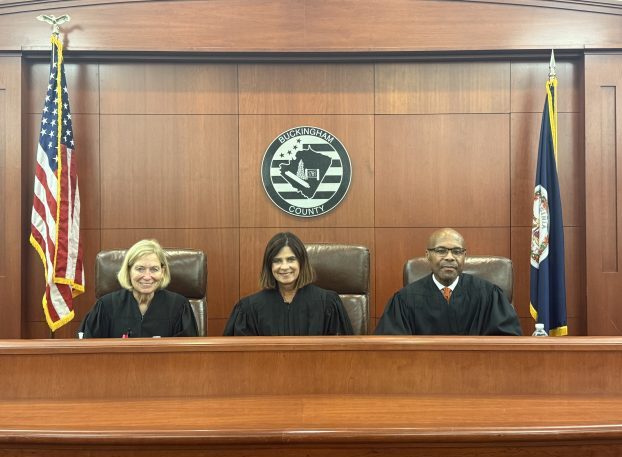Letter: A time to honor Barbara Rose Johns
Published 12:49 pm Friday, April 26, 2024
|
Getting your Trinity Audio player ready...
|
Dear Editor,
As we celebrate Barbara Johns Day, we reflect on the remarkable legacy of a courageous young woman whose actions catalyzed monumental change in the landscape of education. Barbara Rose Johns was not just a name in history books; she was a trailblazer whose unwavering commitment to justice and equality continues to inspire generations.
At just 16 years old, Barbara took a stand that would reverberate across the nation. In 1951, she led her fellow students in a peaceful protest against the deplorable conditions at Moton High School, the segregated school they attended.
Barbara Johns’ story is not just a chapter in history; it is a testament to the power of youth activism and the unwavering pursuit of justice. Her bravery serves as a reminder that change often begins with a single voice daring to speak up against injustice, no matter the odds.
As we look at schools today, we see a vastly different landscape from what Barbara Johns and her peers experienced. The legal barriers to desegregation have been dismantled, and there are policies in place to promote diversity and inclusion in education. However, the echoes of Barbara’s struggle still resonate in the ongoing challenges faced by marginalized communities in accessing quality education.
While physical segregation may have ended, disparities in educational resources, opportunities, and outcomes persist. Minority students, especially those from low-income backgrounds, still face systemic barriers that hinder their academic success and limit their future prospects. From unequal funding between schools to disparities in disciplinary practices and access to advanced courses, the legacy of inequality continues to cast a shadow over our education system.
Moreover, the COVID-19 pandemic has exacerbated these disparities, exposing and widening the digital divide as schools shifted to remote learning. Many students lacked access to reliable internet connections and devices, further deepening educational inequalities.
In commemorating Barbara Johns Day, we must not only honor her courage and resilience but also recommit ourselves to the unfinished work of achieving equitable education for all. It is imperative that we advocate for policies and initiatives that address the root causes of inequality in education, including equitable funding formulas, culturally responsive curriculum, and support services that meet the diverse needs of students.
Furthermore, we must empower and amplify the voices of young leaders like Barbara Johns who are at the forefront of advocating for change. By fostering a culture of inclusivity, empathy, and social justice within our schools and communities, we can create a brighter and more equitable future for generations to come.
As we reflect on Barbara Johns’ legacy, let us not view her story through the lens of history alone but as a call to action in our present-day efforts to build a more just and equitable society. Barbara’s courage and determination serve as a guiding light, reminding us that each of us has the power to make a difference, no matter our age or circumstances.
Diona Jennings
Farmville





